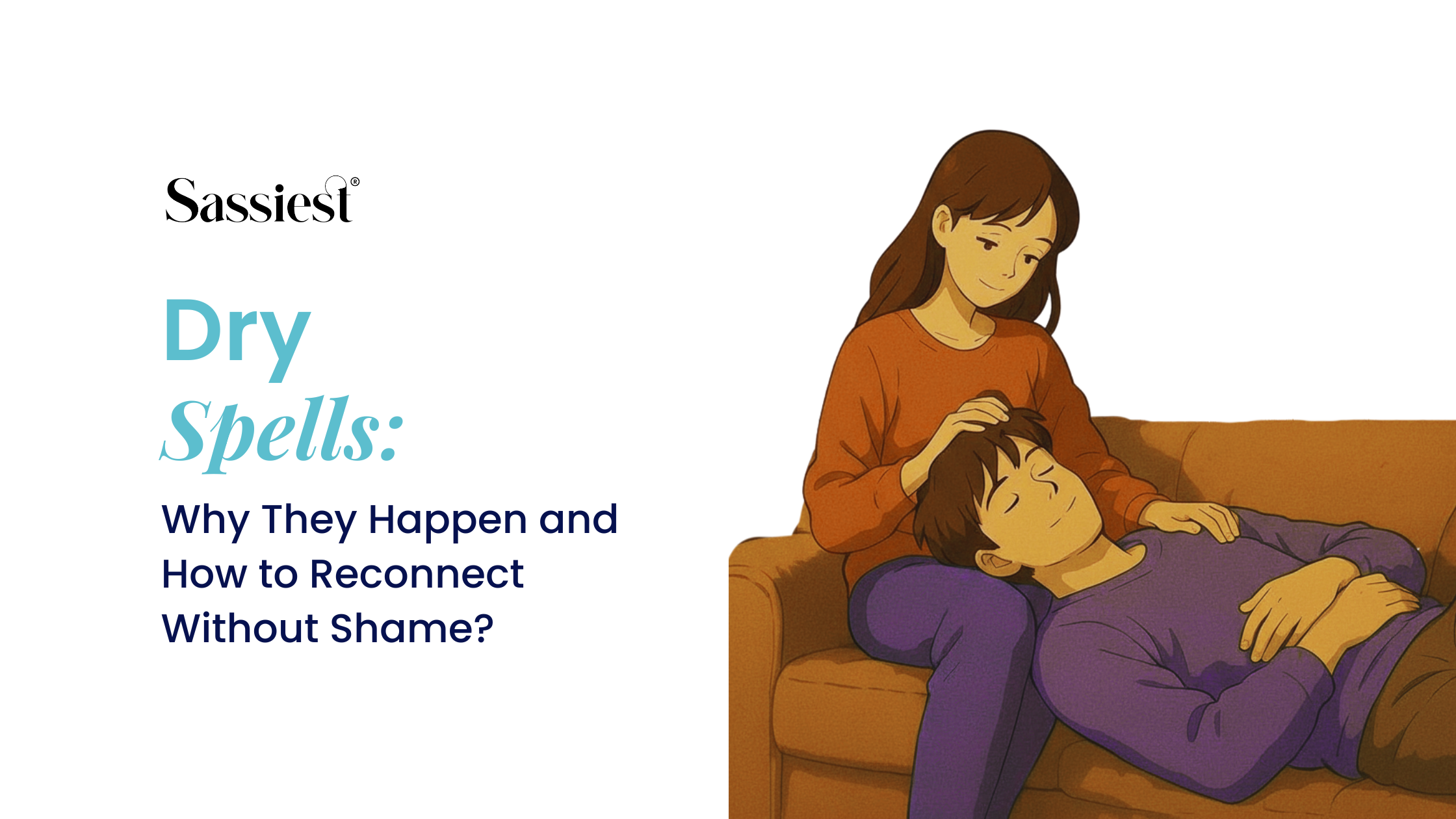Desire is one of those tricky things in relationships. One minute it feels like you can’t keep your hands off each other, and the next you’re wondering where that fire went.

Psychologists have spent more than a century trying to understand this hot-and-cold rhythm, and the answers are both fascinating and surprisingly human.
Freud and the Forces Beneath the Surface
Let’s start with Sigmund Freud, who never shied away from sex talk. Freud believed our desires were driven by unconscious instincts, especially the “libido,” or sexual energy. In his view, attraction wasn’t just about the person in front of you. It was tangled up with childhood experiences, hidden fantasies, and even unspoken conflicts.

Basically, Freud thought that what lights your fire says a lot more about your psyche than your partner’s haircut. While some of Freud’s theories feel a little outdated, he was right about one thing: desire isn’t always straightforward. Sometimes what we crave and what we allow ourselves to act on are two different things.
Jung and the Deeper Connection
Carl Jung, Freud’s one-time student and later rival, took a different approach. He believed in the idea of the “anima” and “animus,” inner archetypes of femininity and masculinity that shape how we connect with others. For Jung, desire wasn’t just about sex.

It was about seeking out qualities in a partner that reflect parts of ourselves. That explains why we sometimes feel drawn to people who “complete” us in ways we didn’t expect.
Modern Psychology: The Dopamine Dilemma
Fast forward to today, and psychologists often look at desire through the lens of brain chemistry. In the early stages of love, dopamine spikes give you that rush of butterflies, obsession, and sleepless energy. This is why the honeymoon phase feels so intoxicating. But our brains are not designed to stay in that state forever. Over time, the dopamine settles, comfort takes over, and desire can start to feel… quieter.

This isn’t a failure of love. It’s biology. The same stability that makes a relationship safe and supportive can also dampen the thrill of novelty. That’s why even couples who love each other deeply sometimes wonder, “Why don’t I feel as turned on as before?”
So How Do You Keep the Spark Alive?
Psychologists agree that desire thrives on a balance between closeness and mystery. Esther Perel, one of the most famous modern voices on desire, often says that love seeks safety, but desire needs space. In other words, when you know your partner too well, there’s less room for curiosity.
Here are a few playful, psychology-backed ways to rekindle the flame:
1. Bring in novelty: New experiences activate dopamine. This doesn’t have to mean buying latex or booking a dungeon (unless you want to). Even traveling somewhere new, trying a hobby together, or surprising your partner with a date night can make the brain light up again.
2. Flirt like you did at the start: Remember how you teased, complimented, and actually looked at each other in the beginning? That playful energy creates anticipation, which is the fuel of desire.
3. Create space: As counterintuitive as it sounds, time apart can make intimacy more exciting. Miss each other a little. When you reunite, sparks are more likely to fly.
4. Talk about it: Freud might have overanalyzed, but he was right that unspoken feelings shape desire. Honest conversations about what turns you on or what you miss can open new doors.
Remember:
Desire isn’t something you either have or you don’t. It ebbs and flows, shaped by psychology, biology, and the everyday realities of life. From Freud’s libido theories to modern dopamine research, one thing is clear: attraction is not meant to be constant, but it can always be renewed. The spark doesn’t vanish, it just asks to be rekindled with curiosity, play, and a little effort.

So if your relationship feels less fiery than before, don’t panic. Freud might say your unconscious is messing with you. Perel would say you need mystery. And your modern brain? It just wants something new to get excited about.





